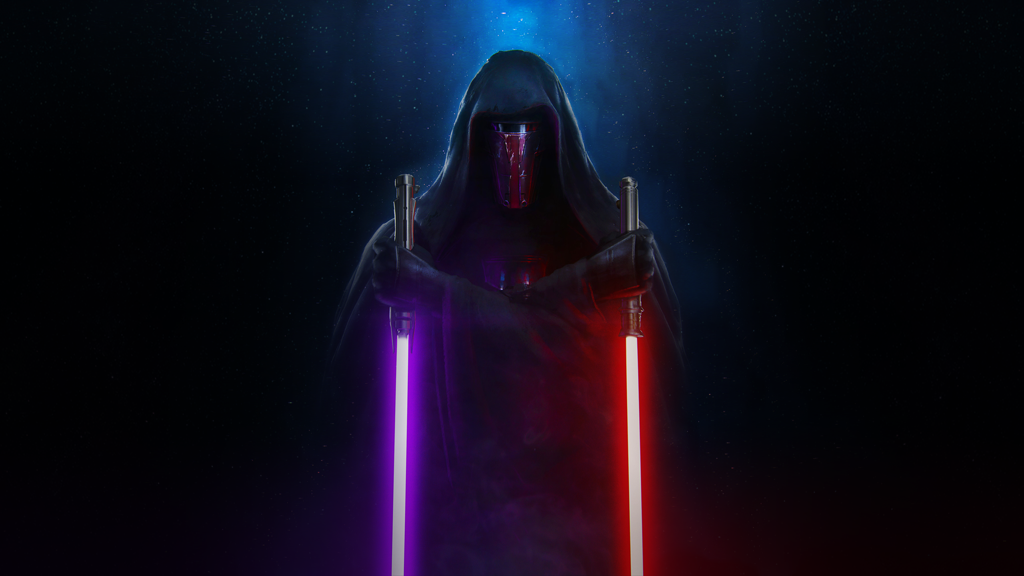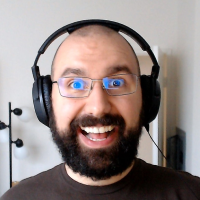Hi folks,
I tried to get into OpenGL a couple of times now. Everything was clear while I was working in immediate mode. Well I also did understand how vbo's and voa's work. The problem is I find most of the tutorials on the web incoherent. For example a lot of them use functionality which they describe as deprecated. Plus it seems that every tutorial is using different libraries. There are:
- GLUT
- FreeGlut
- GLU
- GLFW
So I am pretty confused. My goals are:
- Rendering in retained mode
- loading and using shaders
- loading + displaying meshes created with Blender (or something similar).
Maybe at some point I want to process some user input but this is not my main goal. So I generally have two questions:
- What are the libraries I need to achive goals 1 + 2? And can someone point me to a tutorial where loading and using shaders is explained well. Please no NeHe, I am getting confused by those tutorials.
- What about Vulkan? Is it worth learning OpenGL right now? When is Vulkan coming out? Will it differ much from OpenGL? I read that it will be even more low level than OpenGL? Or would it be smarter to wait for it instead of deep diving into OpenGL right now?
I would love to learn graphics programming but I do not want it to be DirectX, so I would be very thankful if you give me some advice.
Regards
P.S.: If I get it right OpenGL applications can be implemented in both C and C++, what should be my choice here? I have a feeling that most of the tutorials are in C++? What are the pros and cons here?










